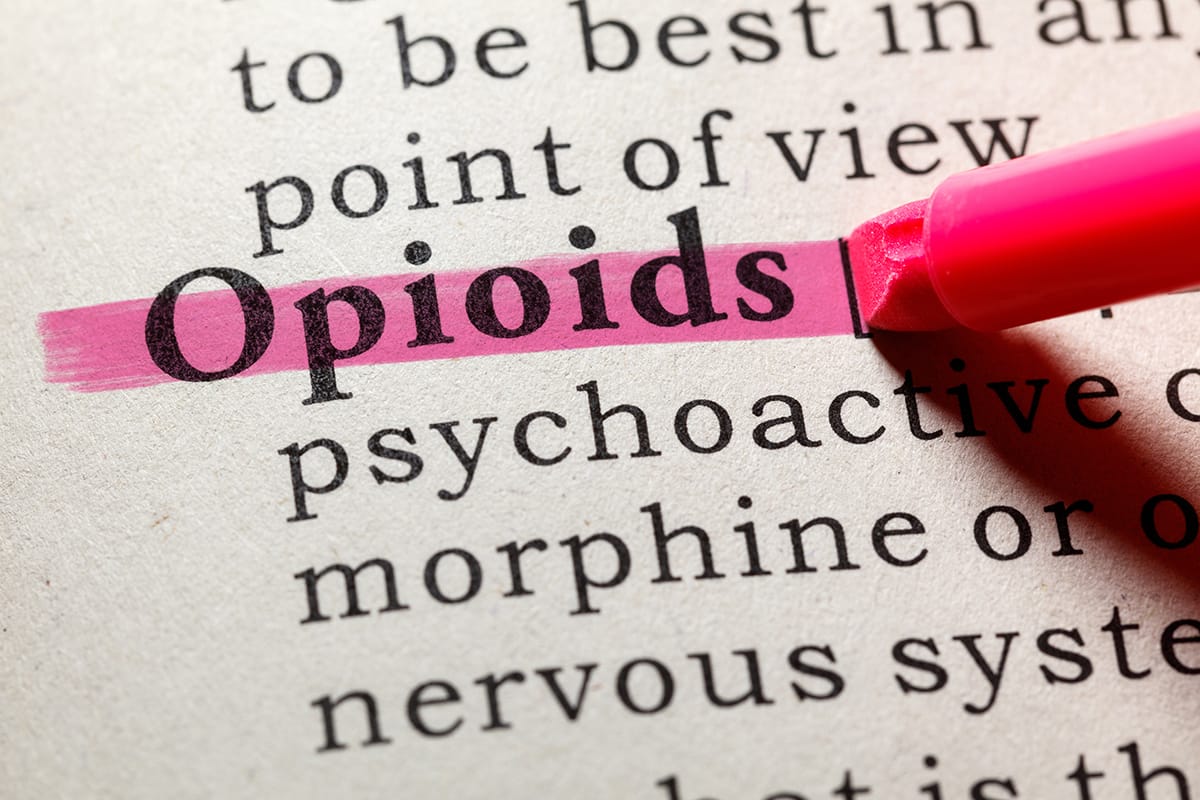The opioid crisis has reached new heights in the U.S. According to the National Institute on Drug Abuse (NIDA), 128 people die per day as a result of overdosing on opioids. Opioid addiction treatment centers in Colorado continue to see more patients as addiction rates soar.
Opioid use disorder (OUD) includes addictions to prescription pain medication, fentanyl, heroin, and similar drugs. This epidemic has resulted in nearly $80 billion annually in treatment costs and criminal justice involvement. What is the opioid crisis? How did it start, and what are the solutions? To learn more about opioid addiction treatment, contact Colorado Medication Assisted Recovery at 833.448.0127 today.
How Did the Opioid Crisis Begin?
The popularity of opioids began in the 1990s when pharmaceutical companies mass-produced prescriptions for pain relief and muscle relaxation. Although there was concern about the addictive properties of the drugs early on, pharmaceutical companies assured the medical industry and the public that patients would not become addicted to the substances.
Convinced of this, doctors and treatment specialists began prescribing opioids at alarming rates almost from the beginning. As the prescription rates increased, the addiction rates increased. By 2017 almost 50,000 Americans died from an overdose, and nearly 2 million people experienced substance abuse. Many Americans required help from a dual diagnosis treatment program.
Current Opioid Use Statistics
NIDA has currently released opioid use statistics that users and medical professionals should find alarming. These statistics include:
- Nearly 30 percent of patients who use opioids for pain management misuse them
- Over 10 percent of users develop an addiction or dependency to opioids
- Up to 6 percent of users who abuse opioids end up using heroin
- Nearly 80 percent of people who use heroin also abused their first opioid prescription
- There was a decline in opioid-related overdoses in 38 states between 2017 and 2018
What are the Solutions to the Crisis?
NIDA and other agencies have declared that opioid use has become a public health crisis in the U.S. due to the number of overdoses, fatalities, and addictions in both men and women. Both government agencies and private entities have taken drastic steps toward alerting the public about the current problem. These steps include:
Improving Addiction Treatment Services
One of the biggest steps to addressing the current crisis is by improving the way treatment centers help clients. Addiction treatment services include evidence-based treatment (EBT), dual diagnosis treatment, and aftercare programs that promote a sustainable recovery without relapse.
Medication-Assisted Treatment
Addiction treatment centers in Colorado are including medication-assisted treatment (MAT) into their programs as a supplement to therapy and support. Buprenorphine, suboxone, and naltrexone are among the opioid antagonists that reduce cravings and the effects of withdrawal symptoms during recovery.
Increased Monitoring of the Crisis
Through advanced technology and accountability, agencies are improving the way they monitor the current opioid crisis. We are now getting a better understanding of how and why the drugs are being prescribed and how the public is responding to the accessibility of these drugs. Agencies are also obtaining more accurate figures about the crisis.
Better Practices for Pain Management
The more we understand what causes pain, the more we can come up with holistic alternatives to prescription medication. Support for research on pain and addiction has increased significantly, as researchers explore new options. It is important that we move beyond the crisis by giving patients better solutions to managing their pain. With our chronic pain management program, we give you the tools you need to manage your pain effectively without medication.
Are You Addicted to Opioids? Get Help at CMAR
In spite of the opioid crisis, help is available for addiction. Colorado Medication Assisted Recovery offers treatment for opioid addiction at our medication-assisted treatment center in Colorado. To find out more about your treatment options, contact us at 833.448.0127, and speak with a treatment specialist today.




















